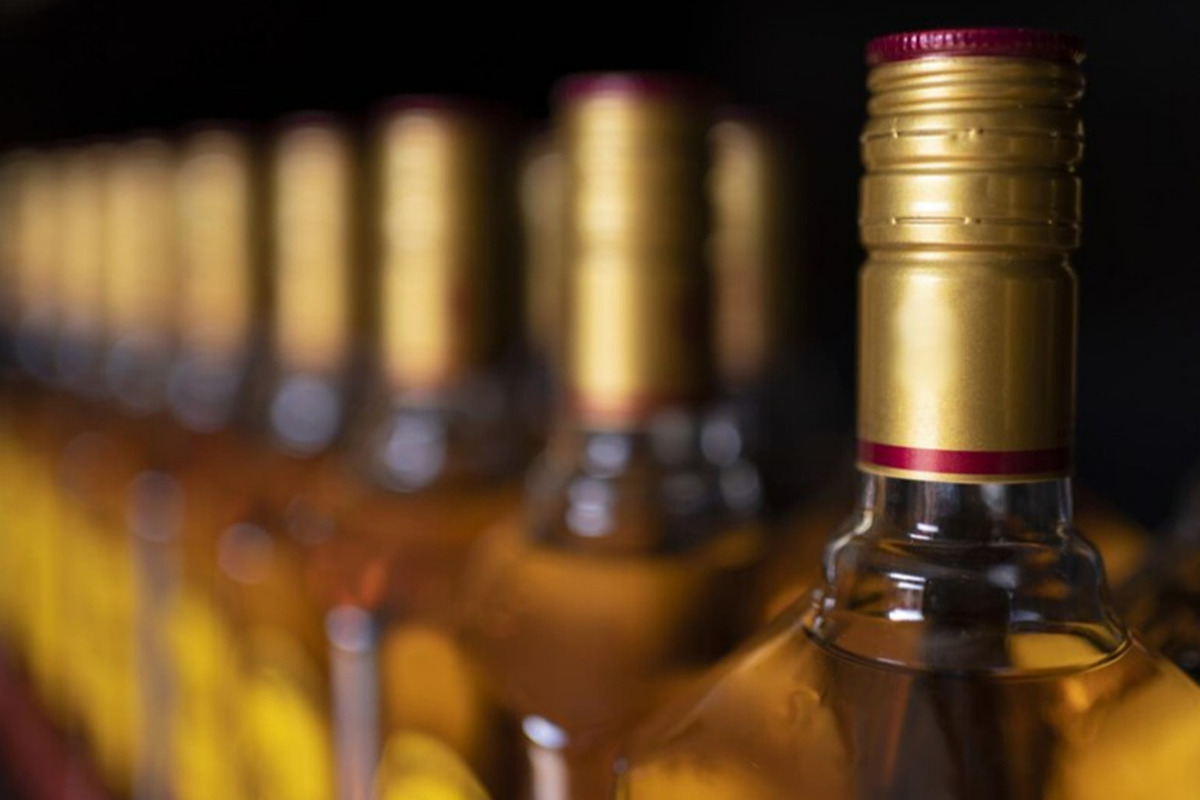They want to put alcohol on the markets: Russian teetotalers are against it
[ad_1]

In public catering, consumers will soon begin to be served again.
It seems that there will be more drinking establishments in Russia where you can “get some treatment” early in the morning. The Ministry of Industry and Trade proposes to allow the sale of alcoholic beverages at stationary wholesale and retail markets. Today this is prohibited. We are talking about legalizing sales in bottles and bottling in public catering.
By and large, today buying a “fever” is not a problem. During Gorbachev’s times, booze was sold strictly according to a schedule – from 11 to 7 pm. And that’s all, even if you break your forehead! If only from taxi drivers for a chervonets (when a bottle cost 4.12 rubles) or in a restaurant – also for a chervonets.
By proposing to legalize the undeservedly abolished trade in alcohol in stationary markets, the Ministry of Industry and Trade is pursuing a noble goal: this measure will create new civilized markets in the country and improve the operation of existing outlets.
Actually, there are only two requirements: there must be stationary covered markets, not shopping arcades. Apparently, the expectation is that the independent shopping arcades will immediately be converted into modern ones.
And second: a potential seller or catering outlet is required to buy a license from the state to sell alcohol.
It may seem that the notorious “green snake” is breaking out of the bottle itself. And that now a bacchanalia will begin in the country, familiar to us from the 90s of the last century. When everything and everywhere was sold in bulk and retail…
However, some experts believe that the sale of licenses is the ultimate goal of the Ministry of Industry and Trade. This measure is not cheap and can give the budget a noticeable increase. You need a solid authorized capital and an annual payment of state duty – all this costs a pretty penny.
The chairman of the Russian “Union of Struggle for National Sobriety” Vladimir Zhdanov says that he once visited a village in the Krasnoyarsk Territory and looked into the village store. And I noted with great satisfaction that they do not sell alcohol there at all. I assumed that the peasants there began to lead a sober lifestyle – after all, they used to drink constantly and never leave the wine department. Then it turned out that the peasants still drink bitters, but not certified ones, but moonshine. And the wine department ceased to exist, because the license for the sale of alcohol became very high, if a store buys it, it will immediately go out of business.
It is clear that the country’s main teetotaler is categorically against the initiative of the Ministry of Industry and Trade to expand the points of sale of alcohol and to sell it on tap in public catering.
“Science knows only three reasons for drunkenness,” he says. – The first is the availability of alcohol. The second is convincing people that they must drink for some reason. And these reasons are becoming more and more numerous. And finally, the third is the narcotic nature of alcohol, a person gets involved. We have the power to change people’s beliefs and reduce accessibility. But in this regard, everything turns out the other way around. Departments measure everything by money and follow the lead of alcoholic beverage producers.
– Perhaps you will write a letter to the government? State your position?
– We won’t write anything, it’s useless. We have already sent hundreds or thousands of letters. No reaction, no one hears us. The authorities will always find experts who will say that this is a very useful and timely measure.
– In Gorbachev’s times, the availability of alcohol was minimal. And how did it all end?
– The anti-alcohol campaign gave brilliant results. Young people stopped drinking and almost all switched to a sober lifestyle. Sobered youth gave birth to half a million more children a year. There was a demographic surge and life expectancy increased. The alcohol mafia lost its income and did everything to denigrate this period: 1985-1988.
However, all this is a story of bygone days. And today’s history is written in different market times. Moreover, the word “market” in relation to alcohol, apparently, will be directly related.
[ad_2]
Source link






